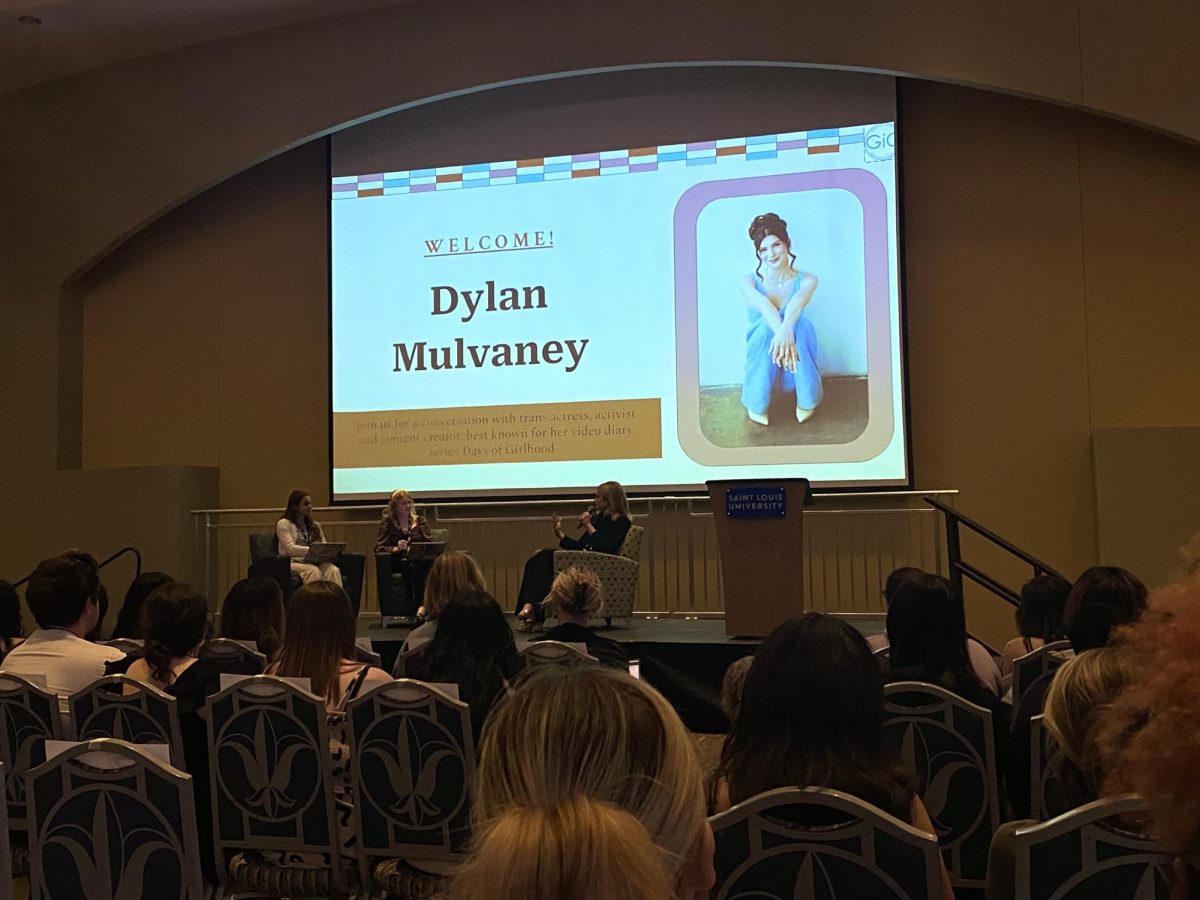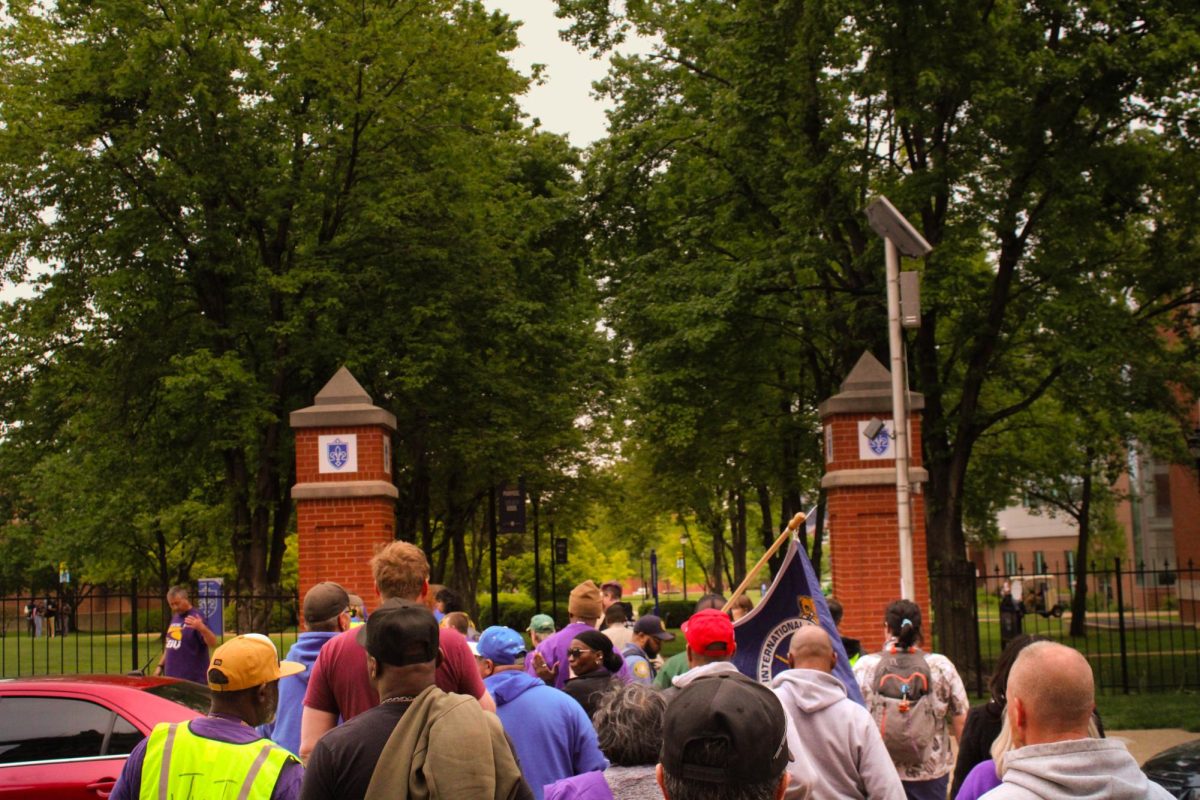Unless you’re a news junkie, the name Bob Woodward might not be
as familiar as it used to be.
Perhaps you know him better as Robert Redford–one of the stars
of All the President’s Men, the film that tells the story of
Woodward, and his Washington Post colleague Carl Bernstein, as they
doggedly pursued the connection between Richard Nixon’s White House
and a burglary, in June 1972, of the Democratic National
Committee’s headquarters at the Watergate complex.
Their coverage was ultimately the catalyst for Nixon’s
resignation in August 1974, but Woodward is more likely to be
remembered as the baby-faced Redford, taking trips in the middle of
the night through the streets of Washington, D.C., changing cabs
two or three times, in the hopes of getting another Watergate tip
from Hal Holbrook–a.k.a. Deep Throat, Woodward’s secret executive
source, who would meet Woodward in a parking garage on the
outskirts of the city.
“You have no idea how many women I’ve disappointed,” Woodward
said jokingly last Thursday night, alluding to Redford’s
popularity, while speaking at Powell Hall as part of the Maryville
University St. Louis Speakers Series.
Although Woodward, now an assistant managing editor at the Post,
kept his remarks light-hearted, he still stuck to what he’s been
doing for more than three decades: reporting the facts.
The author of eight books, on topics ranging from Watergate to
the Supreme Court, from comedian John Belushi to Federal Reserve
Chairman Alan Greenspan, Woodward said he prefers the term
“in-depth reporting” over “investigative journalism” to describe
his works, which are usually considered histories authored in media
res.
He focused most of his lecture on his coverage of President
George W. Bush, with whom he has conducted two long interviews–one
for his 2002 book, Bush At War, and one for a forthcoming book
about the invasion of Iraq.
“If you want to know who a president is, you go to the really
tough decisions and see how they work through that process of
deciding,” Woodward said. “It’s quite clear that [Sept. 11] gave
Bush his presidency.”
His first interview with the president, in August 2002, was the
longest any sitting president had ever given, lasting for two and a
half hours, through 300 questions.
Woodward said Bush was always willing to delve more deeply into
a subject, if Woodward thought it was needed.
“The biggest worry, the thing that would do this country in, is
government secrecy,” Woodward said near the end of his lecture.
There is hope, he said, “As long as there’s a First Amendment,
as long as people in government … are willing to sit down and
answer these questions.”
He added, “People do like to talk–and that’s the chief
barrier.”
Woodward said he thought that as long as investigation of Sept.
11 continued, a “new narrative” would emerge.
exposed was a political failure on the United States’ part, not an
intelligence failure–noting that Bush should have established task
forces when he became president to investigate what the CIA had
identified as the top threats against America.
“Bush essentially did nothing,” Woodward said, calling Sept. 11
“really the big gulp on the part of George Bush.”
Woodward said Bush told him, “My blood was not boiling (on Sept.
11), and it should have been.
“My sense from Bush is that he’s going to realize [his
mistake],” Woodward said, “and he’s going to say, probably, that he
didn’t realize [the gravity of the situation] and get on this
threat, as the previous administration didn’t.”
He also criticized himself and other journalists, saying, “I
didn’t take [Osama bin Laden] seriously. I fault myself–and not
just in passing, but with some regularity.”
Woodward also drew on his Washington experience to talk about
what he thinks makes a good leader–and a bad one.
“The most important trait a president can have is courage,”
Woodward said, defining the president’s job as “defin[ing] the next
stage of good for a majority of people in the country–and it must
be for a real majority.”
Following that description, he characterized Nixon as “the wrong
man.”
“It was all about Nixon. He essentially us[ed] the presidency as
an instrument of personal revenge,” Woodward said. “He was so out
of the tradition of presidents thinking of the larger good, the
larger purpose.”
Addressing journalism itself, he attacked what he called
“bean-counter” editors and the up-to-the-minute news brief, which
he characterized as “something that has no meaning.”
“We’re going to chart every little incremental movement (of news
stories),” he said, “and if we do that in the news business we’re
through.”
Woodward recalled a January 1973 meeting with Post Publisher
Katherine Graham, who told him, “Don’t tell me never,” after he had
told her the public may never get to the bottom of the Watergate
story.
He said when he began in the business, he would sometimes work
for weeks on a story. Now, he said, “If you have what looks like an
advance on a story an editor will be in your office saying, ‘Can we
get it on the Web by 10 a.m.?'”
Woodward said among the “bean-counter” editors, “You’re never
going to have someone with the courage, the intelligence and,
really, the life force to realize you don’t get to these things
quickly.”
“Is the press too inquisitive or aggressive?” he asked. “The
problem is, the press isn’t inquisitive enough.”
As for the real identity of Deep Throat, despite an audience
member who asked Woodward to disclose one letter from one of Deep
Throat’s names, he didn’t disclose any new information.
“It’s a great story, and it will be told,” he said. “It’s one of
those things that if you know the answer, like me, it’s obvious.
But if you don’t, like you don’t, it’s not.”






